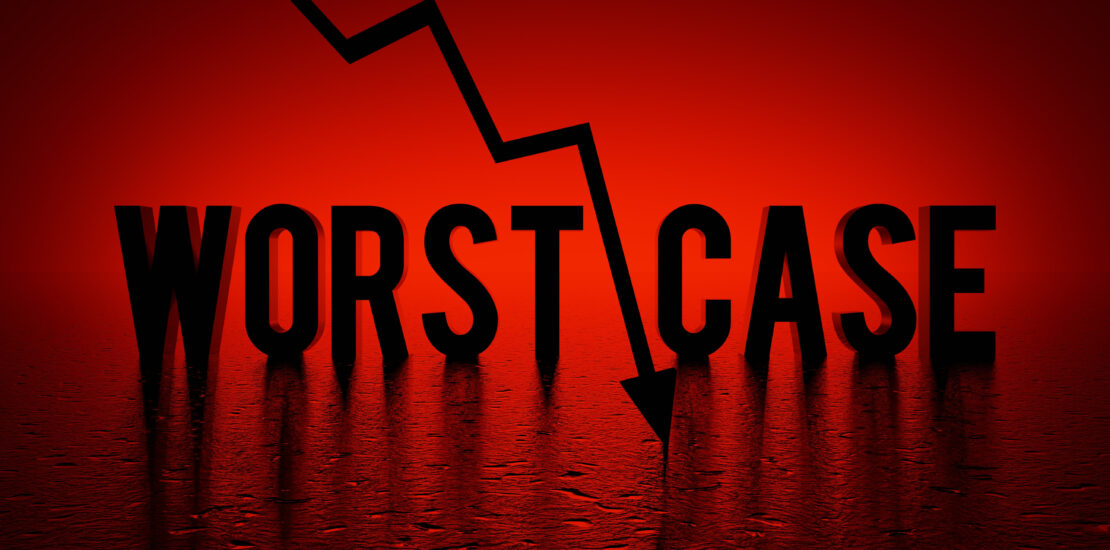selling value
-
250 Best Articles on Sales and Sales Leadership by Category
- April 4, 2024
- Posted by: Dave Kurlan
- Category: Understanding the Sales Force

These are the top 10 articles in 25 categories on sales, sales leadership, sales assessments, sales performance, sales excellence, sales process and more.
-
Two Keys for Successful Sales Presentations
- October 30, 2023
- Posted by: Dave Kurlan
- Category: Understanding the Sales Force

I frequently write about taking a consultative approach, and listening and asking questions are the keys to successful sales presentations.
While watching game 2 of the 2023 World Series, it occurred to me that I still remember and can name every member of the 1967 Boston Red Sox, but I can’t do the same for the 2023 Red Sox. Could the difference be that the ’67 team went to to the World Series while last year’s team finished last in the American League East? It could also be that I was an impressionable 12 year-old that didn’t miss a single pitch that season, while this year’s team wasn’t worth watching. Could it be my short-term memory? Maybe it’s time to start taking Prevagen!
The point is that while I am fascinated by this insight, there is no chance that you care about this unless you relate to it. It’s simply not important to most of you.
Why is it so important for me to make you aware of a statement that is important to me but not important to you?
Salespeople must differentiate between what is important to their prospects and customers, versus what is important only to them.
-
My New Perspective on Sales Process and Methodology
- August 8, 2023
- Posted by: Dave Kurlan
- Category: Understanding the Sales Force

We were at the Zoo when we came upon the monkey in the picture. He was holding on to the chainlink fence with both hands and both feet – probably not very unusual for a monkey – but he was sitting on a basketball!
The monkey is following a traditional monkey methodology for hanging on, while being authentic, allowing his silly personality to come through, and getting people who were interacting with him to laugh.
We can even apply that approach to sales process and methodology!
-
Top 10 Keys to Determining and Improving Your Ideal Win Rate
- March 7, 2023
- Posted by: Dave Kurlan
- Category: Understanding the Sales Force

What kind of car should you drive?
Answering that question with anything other than, “It depends,” is irresponsible because there are so many variables. Choosing a car depends on budget, family size, how much stuff you load into your car, the length of your drives, the logo/ego influence, fit and function, ergonomics, appearance, perceived value, reliability, cost to drive it (gas/electric/mileage), and so much more.
If that makes senses, why do companies struggle when I am unable to instantly tell them what their win-rate or closing percentage should be?
There are so many the variables that can influence your sales win-rate and here are my top ten keys to win rates:
-
This is What Would Happen if Bob Got Promoted to Sales Manager
- February 7, 2023
- Posted by: Dave Kurlan
- Category: Understanding the Sales Force

For those of you who are familiar with my series of articles about Bob – the worst salesperson ever – you can catch up by enjoying, laughing, and making fun of him here. 12 of the articles that show up on that page are about Bob!
-
The Bob Chronicles – The Difference Between Selling Skills and Effectiveness
- October 12, 2022
- Posted by: Dave Kurlan
- Category: Understanding the Sales Force

Today a client asked me to explain the difference between skills and effectiveness. You won’t find the answer by doing a Google search as that search turns up exactly nothing on the subject. This article will discuss the similarity between symptoms/causes and skills/effectiveness. Do you remember Bob, the subject of many articles and my favorite weak salesperson to write about?
Bob strikes again!
I’ve written 10 articles about Bob and everyone says that the Bob series is their favorite.
-
How Many Authors Does it Take to Screw in a LightBulb Highlighting Selling Skills?
- September 22, 2022
- Posted by: Dave Kurlan
- Category: Understanding the Sales Force

Dan Caramanico alerted me to this dubious September 19, hbr.com article that explains their 5 Skills Every Salesperson Needs to Succeed. It took three consultants to screw in the lightbulb that illuminates their five stupid-as-shit skills so let’s take a look:
-
You Can’t Lose Customers or Salespeople – 2 Secrets to Their Retention
- July 6, 2022
- Posted by: Dave Kurlan
- Category: Understanding the Sales Force

There were lots of articles that had the top 5, 7, 10, 12, and 15 reasons why salespeople leave or quit their jobs. Most of those lists were simply subsets of other lists and the reasons included things like compensation, morale, workload, changing quotas, culture, toxic management, the job was misrepresented, too much pressure and lack of growth opportunity. While there were no surprises to these lists of reasons, I think there is a more pervasive reason that is not represented on the lists created by marketers and recruiters:
Sales Selection.
-
Selling and the Need for Speed
- June 8, 2022
- Posted by: Dave Kurlan
- Category: Understanding the Sales Force

Salespeople tend to be in a rush to close – before an opportunity is even closable.
Salespeople tend to be in a rush to present – before an opportunity is even qualified. Most salespeople are in such a hurry that they completely skip things like qualifying and discovery. And when salespeople do perform discovery they accept the very first indicator they hear and rush to explain how their product or service addresses that indicator.
-
The Recession is Here – How to Take Advantage and Prepare Your Sales Team
- May 31, 2022
- Posted by: Dave Kurlan
- Category: Understanding the Sales Force

So what must you do to prepare your sales team and how can you leverage the effects of a recession?

